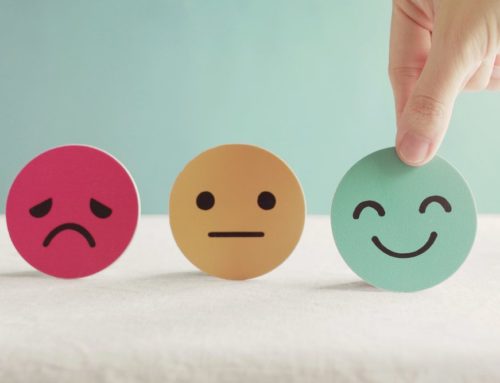
Workplace discrimination is a severe and highly prevalent problem. It’s based on certain prejudices and refers to the unfavorable treatment of an employee or job candidate because of age, disability, genetics, national origin, pregnancy, race or skin color, religion, or sex.
For instance, the employee has the required qualifications for the job but is turned down as she is about to be a mother.
Factors behind Discrimination
Almost every country has special laws to counter workplace discrimination. Our government has made discrimination in the workplace illegal by enforcing several relevant federal laws that protect individuals from threats. The threats involve the unfair treatment, harassment, denial of a reasonable workplace change, improper questions about or disclosure of a person’s genetic information or medical information, and retaliation.
Despite the presence of such regulations, a low percentage of workers reporting unfair treatment at their job are compensated in the form of money or change in work conditions.
The Center For Public Integrity, a nonprofit investigative newsroom in Washington, DC, analyzed eight years of complaint data from the EEOC. What they found was incompetency on the part of the organization, which closed most of the cases without any proper investigation. There was also no result on whether discrimination occurred or not.
The complaints were filed by the American workers for fiscal years 2010 through 2017, and more than a quarter of them came from black employees alleging racial discrimination.
Lack of Proper Investigation further Worsen the Conditions
The Commission maintains that it does not have the budget and staff to investigate thousands of discrimination cases. It says that the country’s labor force increased about 50 percent, to 160 million, while their funds are decreasing due to the outcomes of inflation.
The reason behind the state’s failure to provide justice to the victims of employment discrimination is simple and plain — the problem is not being addressed efficiently. That’s not country-specific but occurring on a global scale.
Justice delayed is justice denied.
Why Discrimination Still Exist
If legal redress or equitable relief is not provided to the victim, the problem remains persistent, and it gets almost impossible to curb the menace. This is the most substantial reason that discrimination can still be found in most of the employment facets.
Weaknesses in the system have strengthened the imperil of discrimination in the workplace. Racial and religious slurs, leg-pulling, favorable treatments, and gender bias are prominent ways that make an employee’s life miserable at the workplace.
Agencies and institutions established to protect people from the ill-treatment of employers or their co-workers should work efficiently to prevent job discrimination. Their failure to do so can have troublesome consequences both for the employee and society as a whole. Money is a necessity, and a person can only earn it if he can work in a respected and peaceful environment.
Effects of Discrimination on Workers
Clinical psychologists suggest that stress caused by workplace discrimination can lead to mental and physical health problems. Not only can this cause financial issues
The Bottom Line
Workplace harassment is immoral and should be accounted for. The world revolves around employees, and it is everyone’s responsibility to ensure they are being treated with respect and are not discriminated against.






Leave A Comment
You must be logged in to post a comment.